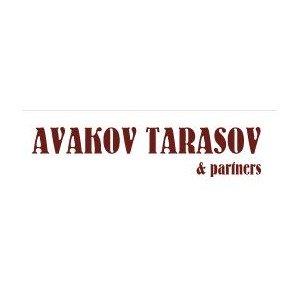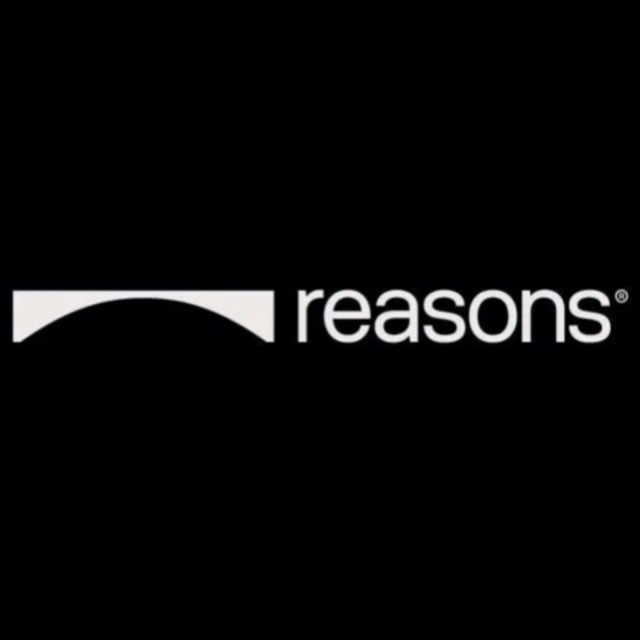Best Space Law Lawyers in Russia
Share your needs with us, get contacted by law firms.
Free. Takes 2 min.
Or refine your search by selecting a city:
List of the best lawyers in Russia
About Space Law in Russia
Space Law in Russia encompasses the national legal framework regulating space activities, which include satellite deployment, exploration, and the utilization of outer space resources. Russia, as a pioneer in space exploration, has a rich history and a comprehensive body of laws that address the legalities of space activities. These laws are grounded in international space treaties, such as the Outer Space Treaty of 1967, to which Russia is a signatory. The country's legislation aims to facilitate cooperation in space exploration while ensuring compliance with international standards.
Why You May Need a Lawyer
Engaging a lawyer versed in Space Law can be crucial for various reasons, such as:
- Launch and licensing: Assisting companies in obtaining necessary permits for launching spacecraft or satellites from Russian territory.
- Intellectual property: Protecting inventions and technology related to space activities.
- International agreements: Navigating complex international agreements and treaties relevant to space operations.
- Dispute resolution: Handling disputes related to commercial space contracts and operations.
- Compliance: Ensuring compliance with Russian and international space regulations.
Local Laws Overview
Russia's Space Law framework is primarily governed by the Federal Space Agency (Roscosmos) and includes various legislative acts such as:
- The Russian Federation Space Activities Law: Establishes the legal basis for space activities, including licensing procedures and liability issues.
- Regulations on export control: Govern the sharing of technology related to space activities to comply with international non-proliferation commitments.
- Environmental protection laws: Address potential environmental impacts from space activities and debris.
- Insurance requirements: Detail insurance obligations for space missions to mitigate risk.
Frequently Asked Questions
1. What are the basic legal requirements to launch a satellite from Russia?
You must obtain a license from Roscosmos and comply with safety, security, and environmental standards.
2. How does Russia handle private space ventures?
The Russian legal framework permits private entities to engage in space activities under regulated conditions to ensure national security and compliance with international law.
3. Are there any tax incentives for space companies in Russia?
Yes, Russia offers certain tax benefits for space-related research, development, and operations to encourage innovation and investment.
4. Does Russia recognize property rights in outer space?
Like most countries, Russia adheres to the Outer Space Treaty, which prohibits claiming sovereignty or property rights in outer space.
5. What is Russia's position on resource extraction from celestial bodies?
The legal framework is still evolving, but Russia supports international cooperation and legal regulation for future exploitation of space resources.
6. What roles do Roscosmos and the Russian Ministry of Defense play in space activities?
Roscosmos oversees civil space activities while the Ministry of Defense is responsible for military-related space operations.
7. How are international space cooperation agreements structured in Russia?
They are crafted to align with both Russian national interests and international legal commitments.
8. What are the potential legal risks of participating in joint space missions with Russia?
Risks include compliance with export controls, political sanctions, and liability for joint missions, requiring careful legal oversight.
9. Is there legal recourse for damage caused by space debris from Russian activities?
Yes, affected parties can seek compensation through international diplomatic channels, as guided by international liability conventions.
10. Can foreign entities legally collaborate with Russian companies on space projects?
Yes, but such collaborations are heavily regulated and require adherence to Russian export controls and legal permissions.
Additional Resources
Here are some resources and organizations that can provide further assistance:
- Roscosmos: Provides official information and guidelines for space activities in Russia.
- Russian Ministry of Justice: Offers resources on legal regulations affecting space activities.
- Russian Academy of Sciences: Research institution involved in the scientific aspects of space law and policy.
- International Space Law institutions, such as the United Nations Office for Outer Space Affairs (UNOOSA), for gaining a wider perspective.
Next Steps
If you need legal assistance in Space Law in Russia, consider the following steps:
- Identify your specific needs and objectives regarding your space project or legal issue.
- Consult with a specialized Space Law attorney who understands the intricacies of Russian and international law.
- Gather all relevant documentation and prepare questions before consultations to make the most of your legal advice sessions.
- Ensure compliance with all legal and regulatory requirements to mitigate risks and protect your interests in any space-related venture.
Lawzana helps you find the best lawyers and law firms in Russia through a curated and pre-screened list of qualified legal professionals. Our platform offers rankings and detailed profiles of attorneys and law firms, allowing you to compare based on practice areas, including Space Law, experience, and client feedback.
Each profile includes a description of the firm's areas of practice, client reviews, team members and partners, year of establishment, spoken languages, office locations, contact information, social media presence, and any published articles or resources. Most firms on our platform speak English and are experienced in both local and international legal matters.
Get a quote from top-rated law firms in Russia — quickly, securely, and without unnecessary hassle.
Disclaimer:
The information provided on this page is for general informational purposes only and does not constitute legal advice. While we strive to ensure the accuracy and relevance of the content, legal information may change over time, and interpretations of the law can vary. You should always consult with a qualified legal professional for advice specific to your situation.
We disclaim all liability for actions taken or not taken based on the content of this page. If you believe any information is incorrect or outdated, please contact us, and we will review and update it where appropriate.
Browse space law law firms by city in Russia
Refine your search by selecting a city.















